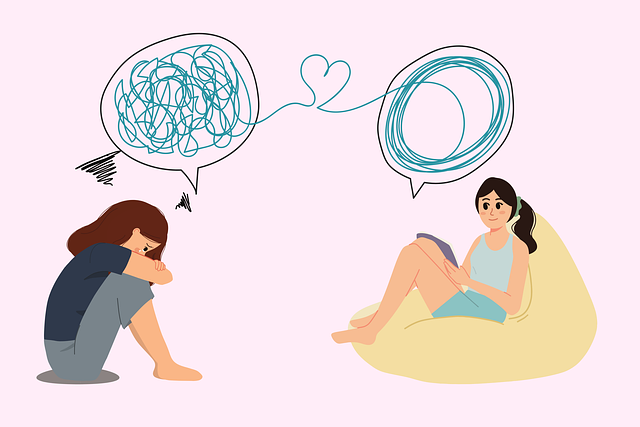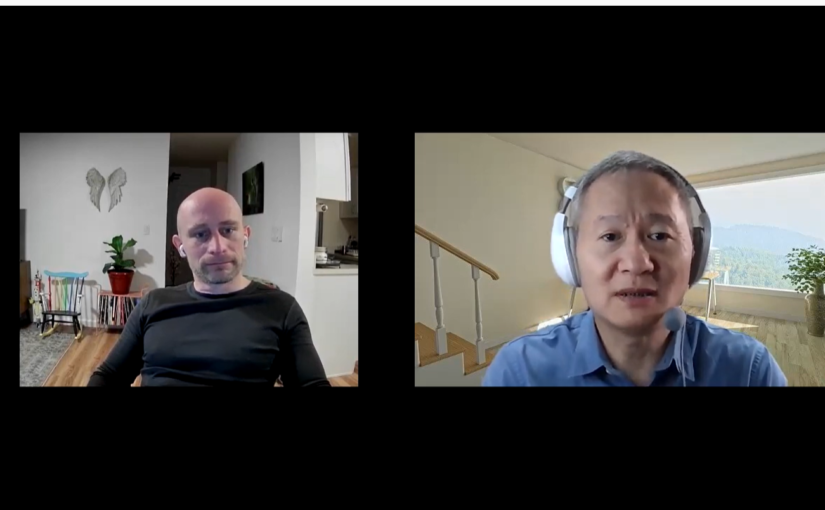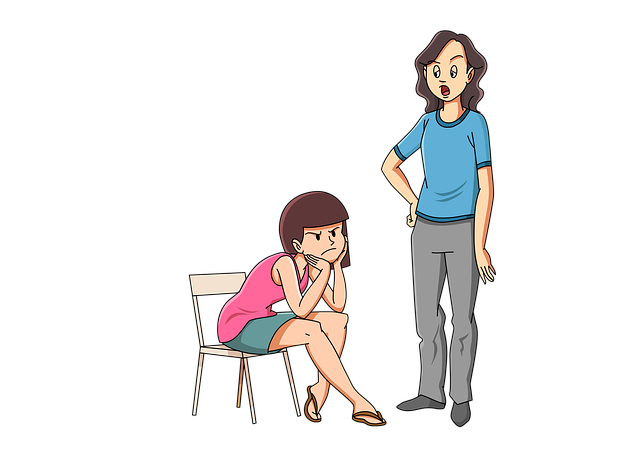by Nathan Chua
As I learn more in the field, I can understand why some people might have a negative view of psychology. Besides the stigma, there is plenty of material out there that can make any person think, “Do you really need a PhD to know that?” In this article, I’d like to talk about some examples of how this happens and why much of the common sense advice we hear online can at best, be heard but reflected on before implementing.
Here are some examples of very common common sense advice we all may have heard about at some point:
A common sense or logical approach to sadness or depression:
Eliminate negative thoughts! Think positive! This will work only if we eliminate a function of our thinking, which is thinking of the opposite!
You and I can test this for ourselves. Living in a tropical country like the Philippines, note what thoughts come to you when the heat and humidity become unbearable. Your mind will probably remind you of how much more pleasant the weather is in the cooler months of the year. During the cooler months, you would probably remember the impending summer months and how short-lived these more pleasant temperatures are. This is our minds’ propensity to think of opposites. For our minds to not be able to do this, we would have to damage it in some ways. Thinking positive will only remind us of the negative thinking that we were trying to avoid in the first place.
Here’s another reason why it becomes difficult for you and I to simply think positive. In fact, it can even be counterproductive. The command here is, “It is important for you to not think that negative thought.” The paradox of this command is that it makes you monitor your thoughts, specifically, your negative thoughts. So how do you know you’re successful? You’re not thinking of the…oops! In other words, simply using common sense to not think about a negative thought, already reminds you of what you are avoiding in the first place and it has taken such an important place in your mind.
This war between positive and negative thoughts is unending. One thing for certain is life will provide us with challenges, which inevitably produce negative thoughts. This is part of what we mean when we say that depression is not really due to sadness, but it is mostly about the struggle with sadness. Thinking only positive thoughts may sound logical by the process of elimination, but it leaves us in a losing war with our feelings which will only disappear if we are in a state of numbness from medication, or if we were dead..
Common sense advice on sleeping problems:
Be prepared to go to sleep! Keep it as dark as possible, with just the right temperature, and dead silence. What’s more, follow a routine of taking a warm shower or a hot bath and make sure you have comfortable clothes. The fact that you are prepared to go to sleep means you are primed and anxious for a battle with your insomnia. If you are prepared for a battle, it goes without saying that you will be awake!
I remember in the early days of my work as a therapist, I used to give one piece of advice to conquer insomnia, try not to sleep! In other words, come to an acceptance with your insomnia and you will probably be more able to sleep. So common sense advice as mentioned above may only serve more to keep you awake than it is to help you get the rest you want.
Couple advice on apologies or using formulaic sentences:
Be quicker to forgive or apologize to your partner or spouse. That’s a common statement we hear from different experts in the field. When taken as a rule for its own sake, it forgets about the different contexts that couples have. As I have mentioned before in a previous article, context does not just refer to a physical location but also people and our very own thoughts and memories. If applied without sensitivity to context, this can lead to misinterpretations and even more loops in a couple’s arguments. A quick apology can be interpreted as insincere just as a quick word of forgiveness. It’s easy to say words we don’t mean but body language is harder to disguise. This can lead to more vigilance from one of the partners and more frustration on the other. One is seen to be insincere while the other is perceived to be unappreciative, which leads to the point of them giving up on each other.
The kind of psychology I espouse is not difficult because it takes a lot of effort, it is difficult because it is tricky. As you might have experienced yourself, common sense advice can be effortful and offer more opportunities for discouragement and escalation to even bigger problems. To paraphrase a famous psychologist, we are not in therapy to do the logical thing, but the psychological thing. So next time you hear someone give common sense advice, please either think critically or try not to generalize. You may even give it a try if you wish, but also be more noticing of the results. What makes psychological sense may not be what common sense dictates, and that’s the whole point of this blog post.







